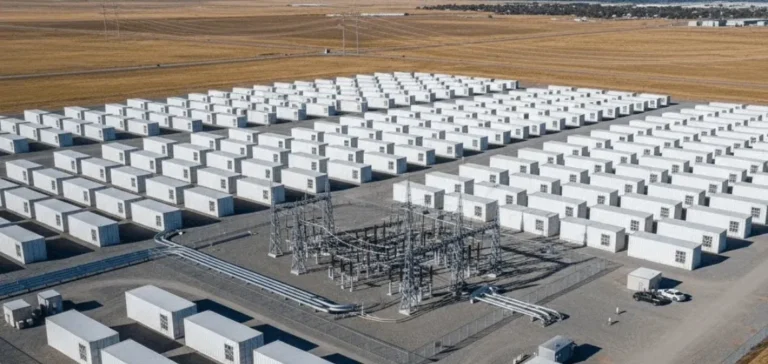Ark Energy has received planning approval from the New South Wales Government for its Richmond Valley Solar & Battery Energy Storage System (BESS) project, located in the northern part of the state. In development since 2019, the project combines a solar farm with a lithium-iron phosphate long-duration battery energy storage system.
A strategic project in the company’s portfolio
This is Ark Energy’s second approved project in New South Wales, following the February 2024 approval of Stage 1 of the Bowmans Creek Wind Farm, located within the Hunter-Central Coast Renewable Energy Zone. Both projects are listed on the Australian Government’s National Priority List, increasing their visibility within upcoming energy infrastructure plans.
Ark Energy Chief Executive Officer Michael Choi stated that the site offers favourable conditions for development, and the company intends to continue working with local stakeholders. He also acknowledged community input during the assessment process.
Regulatory framework and next steps
The Richmond Valley Solar & BESS project is classified as a controlled action under the Environment Protection and Biodiversity Conservation Act 1999. It has been assessed under the bilateral agreement between the New South Wales and Commonwealth Governments, on behalf of the Department of Climate Change, Energy, the Environment and Water (DCCEEW).
The department now holds responsibility for issuing the final decision. Planning documents, including the determination and conditions, are available through the New South Wales Government’s Major Projects portal.
Administrative milestone in a competitive landscape
State-level support comes at a time of growing development of hybrid projects combining renewable generation and storage, addressing network requirements and long-term stability goals. Ark Energy marks a further step in its expansion within the Australian market, though the construction timeline has not yet been specified.
The project may contribute to strengthening local supply resilience as the region seeks to diversify its energy sources and reinforce grid stability.






















